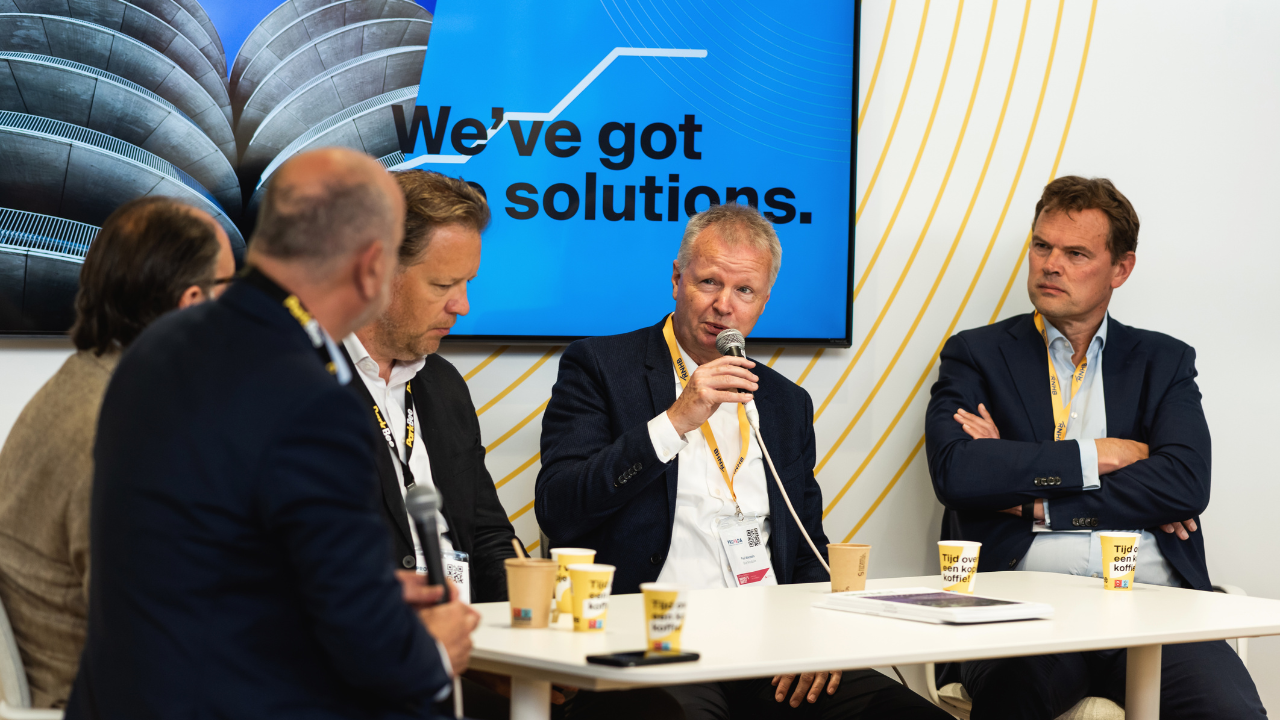Provada: data transparency crucial for ESG strategy

Transparency is a must and measurement and monitoring an essential element of an ESG strategy, speakers agreed at the briefing 'How to Maximise Your ESG Impact', which took place at Provada in Amsterdam last week.
The event was organised by leading European media platform Real Asset Media and moderated by Richard Betts.
'There is a need for disclosure of data, of energy consumption, of carbon footprint,' said Rutger Schuur, chief investment officer, ParkBee. 'Now that we are past greenwashing, measurement and certification are key to this transition.'
Collecting and comparing data provides clarity and certainty to the market, allowing investors, tenants and lenders to compare and evaluate both the performance of companies and that of individual assets.
'Test, verify and certify: the market is moving in this direction. It will be necessary to provide continuous evidence throughout the building life cycle,' said Paul Wessels, co-founder, Blue Module. 'We are entering the era of making ESG measurable.'
Reliable data creates real value by making the investment in sustainability, wellbeing and health measurable and quantifiable.
'Data in the broadest sense of the word is extremely important to us,' said Anne de Jong, CEO, Merin. 'We have brought 17 buildings into a smart platform, we collect the data and use it to be more energy efficient. We share the cost 50/50 with our 400 tenants, who really appreciate the system.'
There is strong pressure from the market to be transparent and provide information on energy consumption and other metrics, but this is not easy for everyone.
'It is difficult for the real estate market to share information and be transparent,' said Wessels. 'Transparency is not something that comes naturally in our sector, but it will be increasingly enforced.'
Leaders and ESG pioneers see transparency as something positive, but for others it is a difficult change in habits and mindset. 'Some companies think that energy consumption is a trade secret, so it is very difficult to get the transparency that is needed,' said Joost Leendertse, Founder & CEO, VerusSol.
As more companies do the right thing, voluntarily or forced by market and regulatory pressures, the need for secrecy will gradually disappear. 'For us, sharing information and letting the market know that my buildings are green is a unique selling point,' said de Jong. 'But the market is changing fast: in two or three years, transparency will be the norm.'

